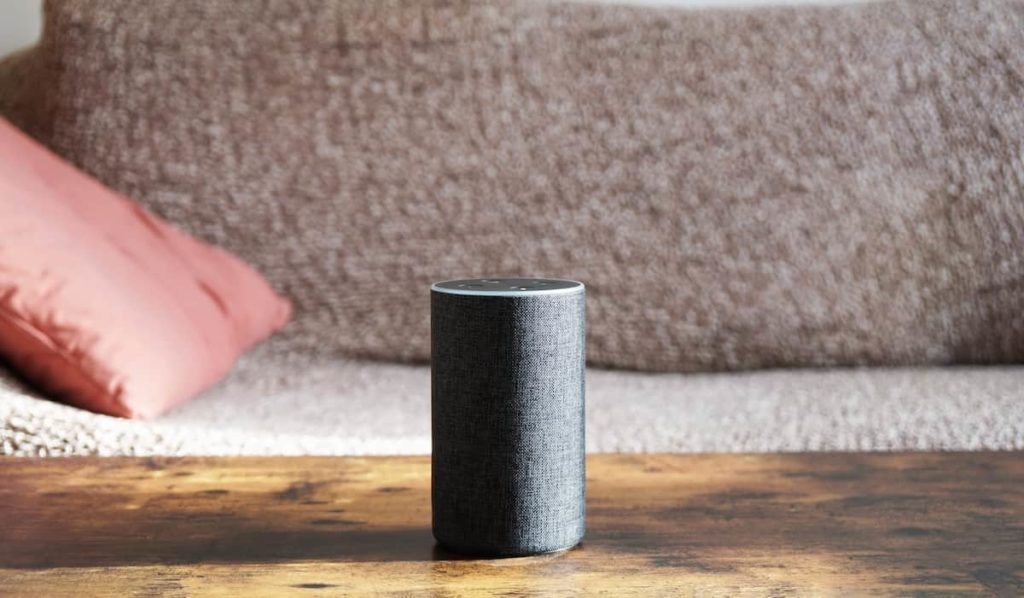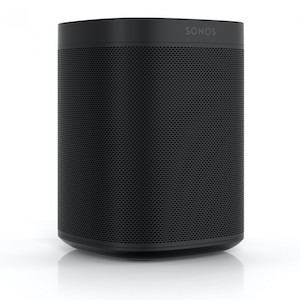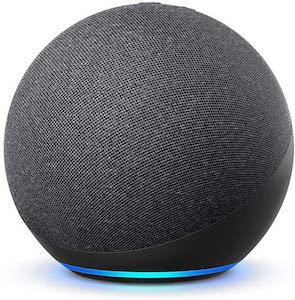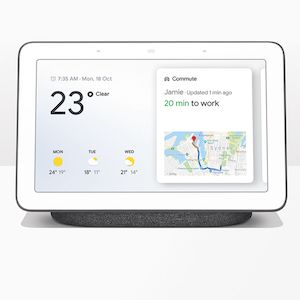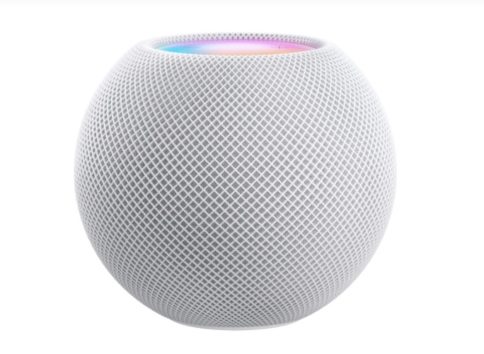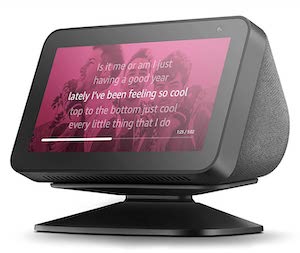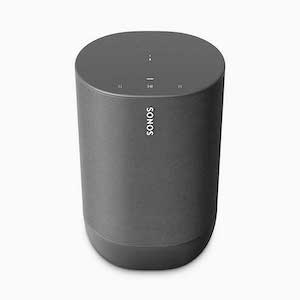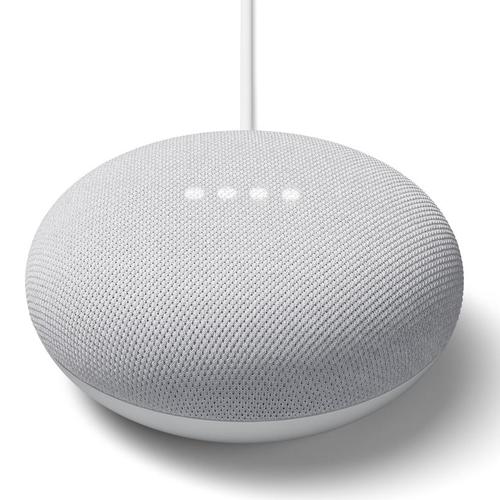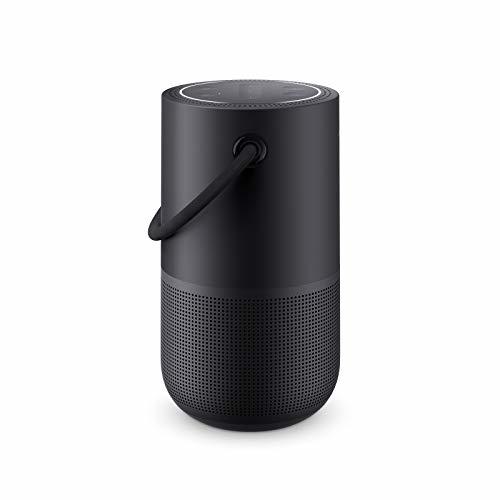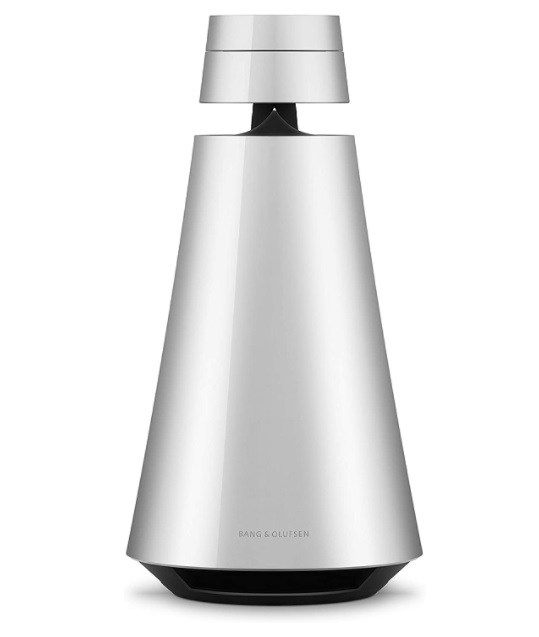Amazon has their own video-enabled speaker, too. In fact, they have a few of them, but the Show 10 is their latest release with tons of new additions and improvements.
This one goes a step further than Google’s offering, allowing you to voice or video call friends and family with compatible Echo devices or the Alexa app. And, the 10.1″ HD screen follows you around the room automatically, so video calls, recipes and TV series are always in view. The speakers deliver premium, directional sound too, with two 1″ Tweeters and a 3″ Woofer.
You can call almost anyone hands-free, including UK mobile and residential numbers, as well as other Alexa devices and Skype accounts. Link Alexa with your EE or Vodafone UK mobile phone account to ask Alexa to make and answer your mobile calls – great if your mobile usually isn’t anywhere near you when you get home.
You can still watch videos as well as getting weather, traffic and news updates too. If you have Amazon Prime, it will easily connect to your account to give you access to movies, TV shows and music, as well as a screen to shop from (or just ask it nicely). Also, see what your video doorbell sees at any time.
It will also work as a security camera, allowing you to look around when you’re not at home through the app. As it is a hub, you can connect it to compatible Zigbee devices too – just ask Alexa to show you security cameras, control lights and adjust thermostats.
The movability will appeal to anyone who has their eye on Facebook’s Portal, and the 13MP camera is a huge jump from the 1MP still used in older models. Some people don’t like that it isn’t portable for taking around the house if you want to watch things in different rooms, but smart speakers aren’t designed to be.


